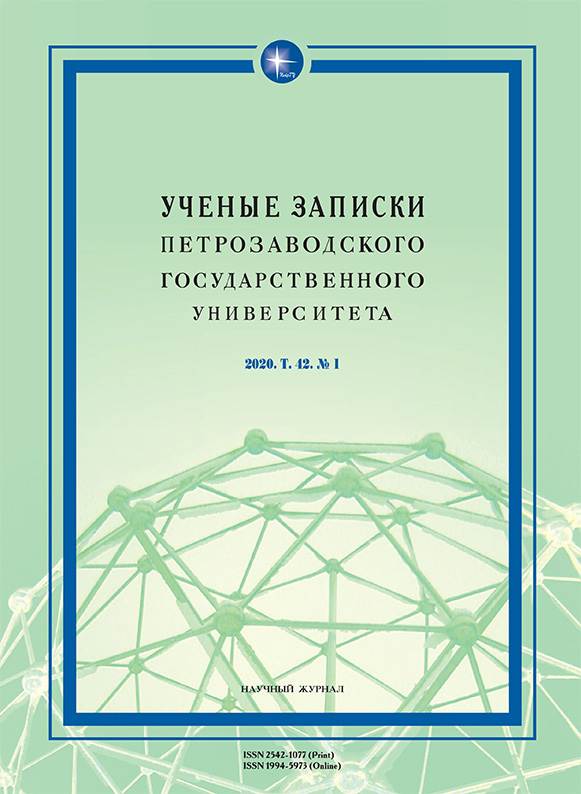Развитие средств гипотаксиса в послепушкинскую эпоху:
весенняя сказка А. Н. Островского «Снегурочка»
DEVELOPMENT OF HYPOTAXIS MEANS IN THE POST-PUSHKIN ERA:
A. N. OSTROVSKY’S SPRING TALE SNEGUROCHKA
Author(s): Nina Semenovna Gantsovskaya, Elena Borisovna Volkova, Lidong QinSubject(s): Language and Literature Studies, Russian Literature
Published by: Петрозаводский государственный университет
Keywords: hypotaxis; subordinate conditional conjunctions; literary/colloquial; Ostrovsky; Snegurochka;
Summary/Abstract: The article deals with the means of expressing the grammatical meaning in hypotactic conditional constructions of the modern Russian language using A. N. Ostrovsky’s latest period work Snegurochka. The authors set the problem of analyzing subordinate conjunctions, which are genetically asynchronical in origin and differ in the extent of integrity of the meaning they express, in the aspect of literary/colloquial opposition. The drama of the romantic play-tale engaged for the research allows to display specific traits of Russian literary syntax in the post-Pushkin period in anticipation of new literature tendencies: increasing domination of the monosemantic conjunction yesli with its neutral stylistic nature, and at the same time quite frequent implementation of the syncretic conjunctions with salient colloquial connotations koli, kaby, kogda, at the time being archaic for the codified literary language. All these conjunctions are included in the list of a thousand of the most frequent words of A. N. Ostrovsky’s works having a respective rank and frequency index, with the conjunctions yesli and koli having the highest indices. The authors come to the conclusion that Snegurochka shows almost the complete set of lexical and grammatical devices – i. e., the conjunctions of conditional subordinate clauses employed by A. N. Ostrovsky in his numerous plays characters’ speech both as a book type characteristic of codified literary speech and the colloquial one with the bias to literary language inclining towards antiquity and vulgar tongue. The latter are usually syncretic conjunctions. All these factors contribute to the efficient accomplishment of the artistic tasks set by the playwright and serve as a yardstick for measuring the degree of development of the hypotactic means of the Russian literary language in the first decades of the post-Pushkin era.
Journal: Ученые записки Петрозаводского государственного университета
- Issue Year: 42/2020
- Issue No: 1
- Page Range: 82-85
- Page Count: 4
- Language: Russian

